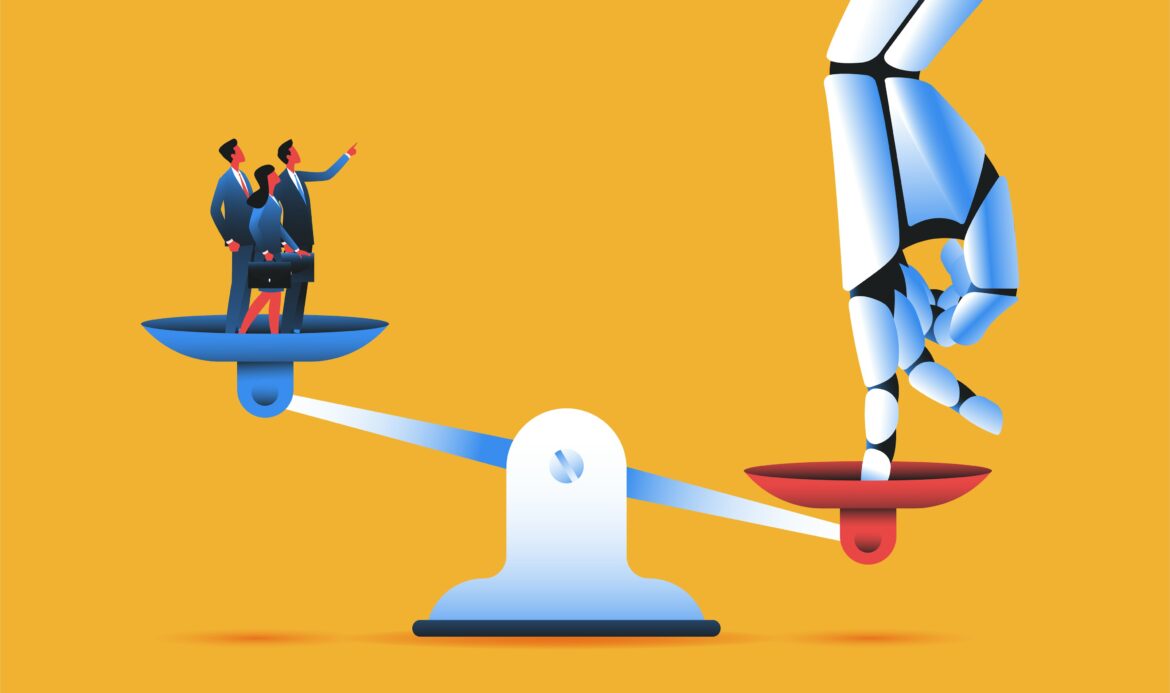Artificial intelligence (AI) is reshaping the way human resources professionals recruit, screen, and evaluate job candidates, as businesses increasingly turn to advanced algorithms to streamline hiring processes and make talent decisions. But as these technologies gain traction, concerns about potential bias and the impact on traditional HR practices are raising questions among experts and practitioners alike.
AI tools are becoming a key part of recruiting, particularly in the areas of applicant screening and initial interviews. According to Jasmie Escalera, writing for MyPerfectResume, companies are using AI-driven platforms to review resumes, rank applicants, and conduct virtual interviews, potentially reducing the workload on HR teams. “AI is now being used to assess whether a candidate would be a good culture fit and predict their likelihood of success in the role,” Escalera noted, with hiring managers reporting improvements in efficiency and reduced time-to-hire.
However, the use of AI in hiring is sparking debates around transparency and fairness. Critics argue that AI algorithms can replicate or even amplify biases present in their programming data, leading to potentially discriminatory outcomes in recruitment. “There is a significant risk that if not properly audited, these systems could inadvertently perpetuate existing biases in hiring practices,” Escalera explained. The challenge, she adds, is ensuring that AI tools are trained on diverse datasets and regularly tested to avoid unintended bias against underrepresented groups.
Some HR leaders are also raising concerns about the implications of AI on candidate experience. The impersonal nature of AI assessments could lead to negative perceptions among job seekers, who may feel they are not given a fair chance to demonstrate their skills in a more traditional, human-centred interview. Escalera points out that for some roles, particularly those requiring strong interpersonal skills, AI evaluations might miss nuances that a human interviewer would pick up.
The trend is leading to calls for increased regulation and transparency in how AI-driven hiring tools operate. In response to potential legal and ethical challenges, some organizations have begun implementing AI-specific oversight practices, aiming to mitigate bias and maintain fair hiring standards. “As AI becomes more common in the hiring space, companies need to be mindful of the legal implications and take proactive steps to ensure compliance with anti-discrimination laws,” Escalera said, emphasizing the importance of maintaining oversight and accountability in these new technologies.
As AI continues to shape the HR landscape, experts suggest that a balanced approach, combining the benefits of AI’s efficiency with human oversight, may help HR professionals harness these tools responsibly. The ongoing debate signals a need for HR leaders to engage in continuous education on AI’s limitations and ethical considerations to effectively integrate the technology while maintaining equitable hiring practices.





